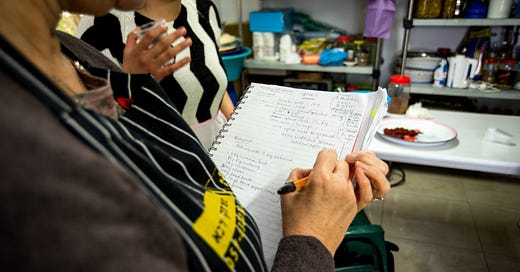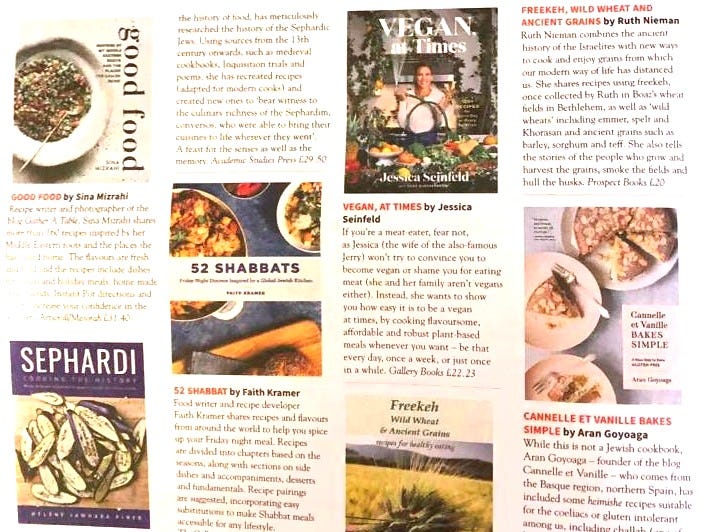I have been a food writer and author of culinary titles for a number of years now, and I love what I do.
Despite the thousands of cookbooks published each year, the numerous food articles and recipes written for lifestyle magazines and online platforms, this industry is now tougher to crack than it has ever been. It is becoming increasingly harder to gain fame or fortune from writing about food without an impressive social media following, and the sense of objectivity and scope for new pitches and ultimately paid commissions, is waning.
The notion that food neutrality removes any moral judgement from how we think, talk and write about food, supports an objective and impartial culture, which I wholly believe we should all subscribe to. The impartiality of this ethos allows for culinary cultures to be shared, origins of foods to be explored and the many religious dietary laws to be accepted. In turn this should attribute to a non- judgemental acceptance of the personal voice behind each narrative, so long as the table does not contain factual inconsistencies and one sided political judgements.
Within a turbulent global climate, the outcomes for our food systems, landscape, produce and producers have had, and still are having, devastating consequences for so many people and their livelihoods, which I fear is now influencing the balance and open-mindedness of food writing, a genre of non fiction.
Diversity encompasses voice and text within the boundaries of both peace and conflict. It challenges us in ways we cannot begin to comprehend or assume and needs an unbiased and apolitical voice as an advocate for everyone affected within the culinary domain, whether adversely or favourably. Yet as a Jewish author of food culture, I find myself hesitating sometimes to write about the eclectic flavours of the Middle Eastern cuisine, the influences from the Diaspora that have created the Israeli food scene and the foods of my Ashkenazi heritage, apprehensive of any deep-rooted opinions and prejudiced reactions.
And yet, there is also a community of supportive food writers across the globe, whose voices and original narratives are all of equal worth in this over saturated market, generously helping one another with personal knowledge and experiences of both the highs and lows of this industry. Ideas for culinary book titles and commissions for magazine articles all require a new stance on the latest superfood, a personal narrative or an interesting point of view, vying to catch the interest of an editorial director, literary agent or well known publisher, all looking for “diversity” and “under represented” authors. In this vast world of food writing the pool of authors grow bigger every day, the budgets for advances decrease year on year and as every recipe you could ever want can now be found on the internet or tiktok, is there still even a call for a heavy, hardback, expensive cookbook, that adds more clutter to your kitchen?
There is so much talent, generosity of spirit and above all the common denominator of our sheer love of food, that lies within the close knit family of food writers. There is a mutual respect for the huge amount of research and time that goes into our writing, the importance associated with each cuisine’s history and culture, and the admiration we have for each author on the publication of their latest work. We support one another in times of joy, sadness and hardship, similarities shared within the Jewish culture of feeding, a manuscript that I am currently writing in the hope that it will be accepted for mainstream publication with my personal narrative and heritage. I have been humbled by the unselfishness of the many Jewish food writers, legends, home cooks and chefs who have so kindly agreed to share the recipes of their upbringing and the food memories of the matriarchs who insisted on feeding them.
I am of the opinion that through sharing the neutral platform of food and our table, we can provide the nourishment needed to embrace and accept the diversity of the written narrative. Food writing carries new experiences of cultural flavours and aromas, includes our culinary history and religious customs and rituals, which when mixed together, forms a healthy and nourishing diet of inclusivity and objectivity.








Such an interesting post Ruth, can I help in any way?